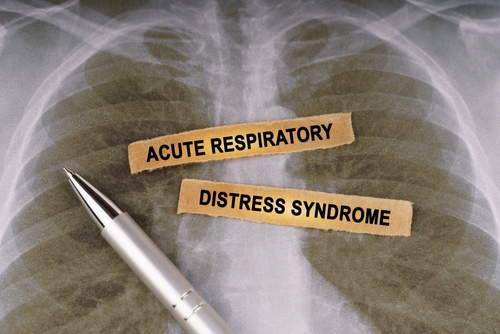
A $117 million contract for the simultaneous evaluation of three novel therapeutics to treat hospitalized adult patients with acute respiratory distress syndrome (ARDS) went to PPD Development, LP, care of the Biomedical Advanced Research and Development Authority (BARDA) last week.
BARDA, as part of the Administration for Strategic Preparedness and Response (ASPR), awarded the contract to suss out potential first-ever treatments for the lung condition. ARDS can be caused by several things, including severe pneumonia and sepsis due to bacterial and viral infections such as influenza and SARS-CoV-2. Rates of death are high among those hospitalized with ARDs, and no approved or licensed treatments for it currently exist.
Enter PPD, a clinical research business of Thermo Fisher Scientific, which will use government funding to launch a three-year, phase 2 clinical trial. That trial will be randomized, double-blind, placebo-controlled and span up to 60 sites, to evaluate the safety and efficacy of potential therapeutics. In all, some 600 hospitalized adult patients will be enrolled.
While drug candidates have yet to be revealed, ASPR indicated they should be announced in early 2024.
“Efficient development of novel medical products requires innovative clinical trial approaches,” Dr. Gary Disbrow, BARDA director, said. “BARDA is building on lessons learned from the COVID-19 pandemic to advance the development of ARDS treatment and establish a strong clinical trial platform that can be used to evaluate medical products in the future.”
If successful, the trial could lead to additional support for follow-on work. For now, the study will focus on gathering data about clinical outcomes and biomarkers to define subsets of patients with ARDS who could benefit from specific host-directed therapeutics. That data could in turn support the development of phase 3 studies and identification of patients most likely to benefit from the drug candidates.




